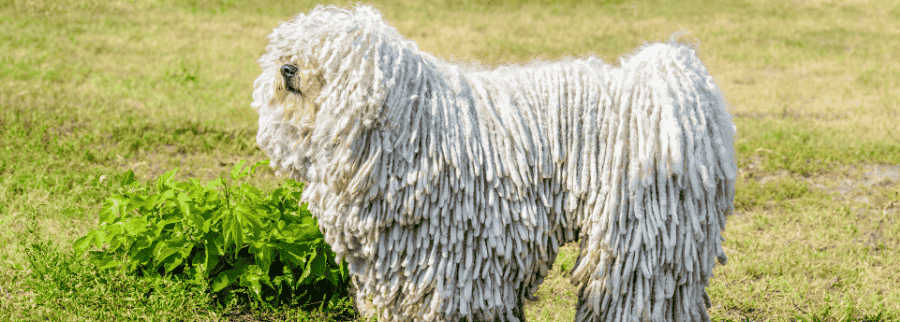

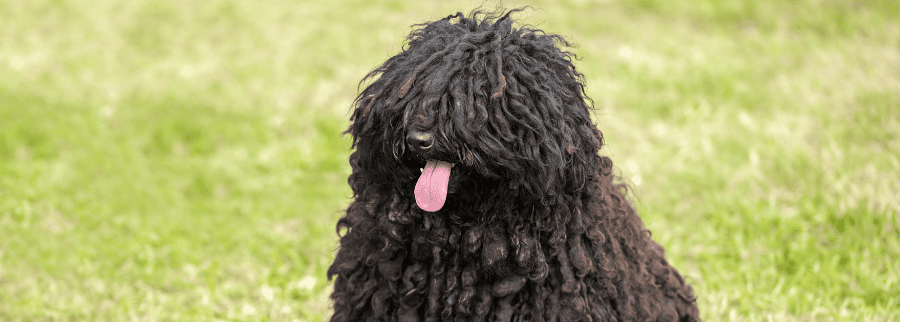

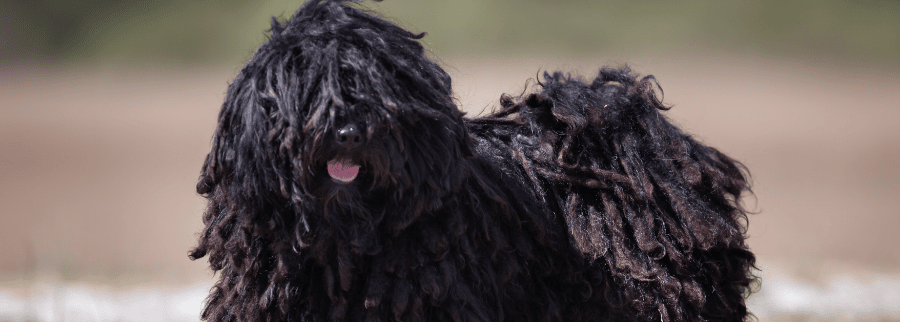

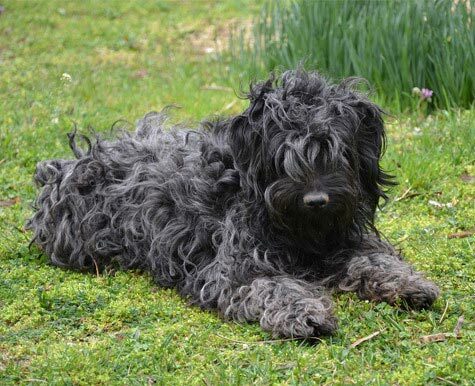
Puli
 Overview
Overview
The Puli, also known as the Hungarian Puli and the Hungarian Water Dog, typically weigh between 25 to 35 pounds. Puli’s are fun-loving and affectionate, and enjoy being in the company of their family. They are characterized by their long, corded coat that resembles dreadlocks. In his native Hungary, the Puli needed a thick coat to withstand the intense cold and keep out the rain whilst herding flocks of sheep. They are also smart, hardworking, and athletic. Being suspicious of strangers, he makes a good watchdog. He's also a strong-willed dog who requires a firm but kind owner.



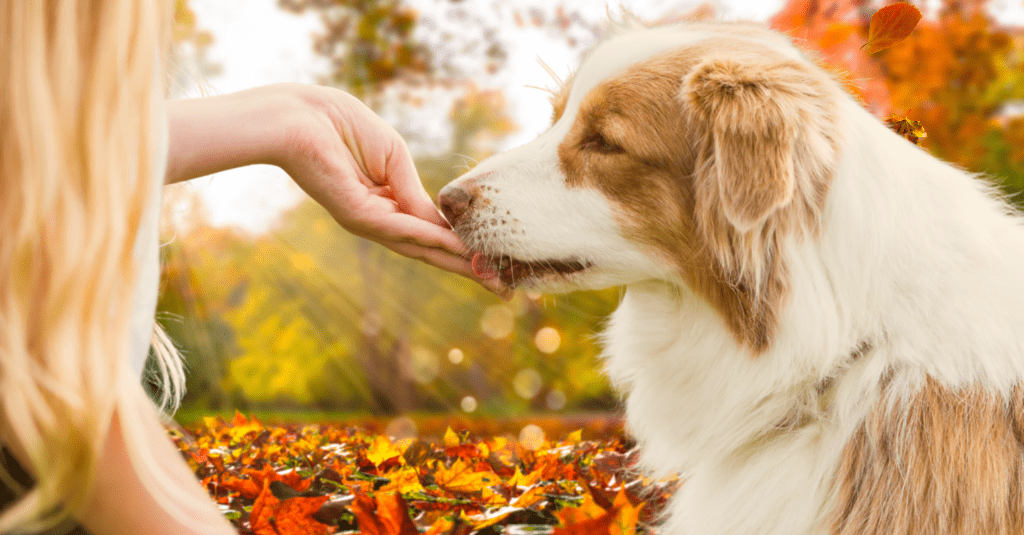

 USD
USD
 Canadian Dollars
Canadian Dollars








